Solar System
Explore Solar System
Latest about Solar System
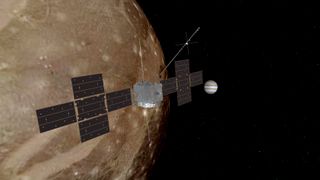
JUICE: A complete guide to Jupiter's icy moon exploring mission
By Tereza Pultarova last updated
Reference The Jupiter Icy Moons Explorer, or JUICE, is a European Space Agency mission to explore Jupiter and three of its icy moons: Europa, Callisto and Ganymede.
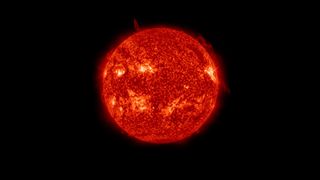
The sun hides its age with magnetic activity
By Keith Cooper published
Measurements of the sun's age via oscillations that ripple through it can vary depending on whether those measurements are made near solar minimum or maximum.
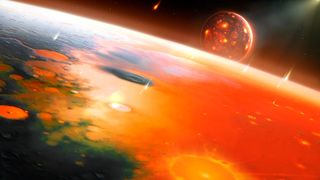
The moon was once covered by an ocean of molten rock, data from India's space mission suggests
By Joshua Snape published
Data from India's recent Chandrayaan-3 mission supports the idea that an ocean of molten rock once covered the moon.

Earth's days once got 2 hours longer — and that may have triggered one of the biggest evolutionary explosions in history, study suggests
By Tia Ghose published
The moon once drifted thousands of miles farther away, and Earth's days got 2.2 hours longer, a new study finds.
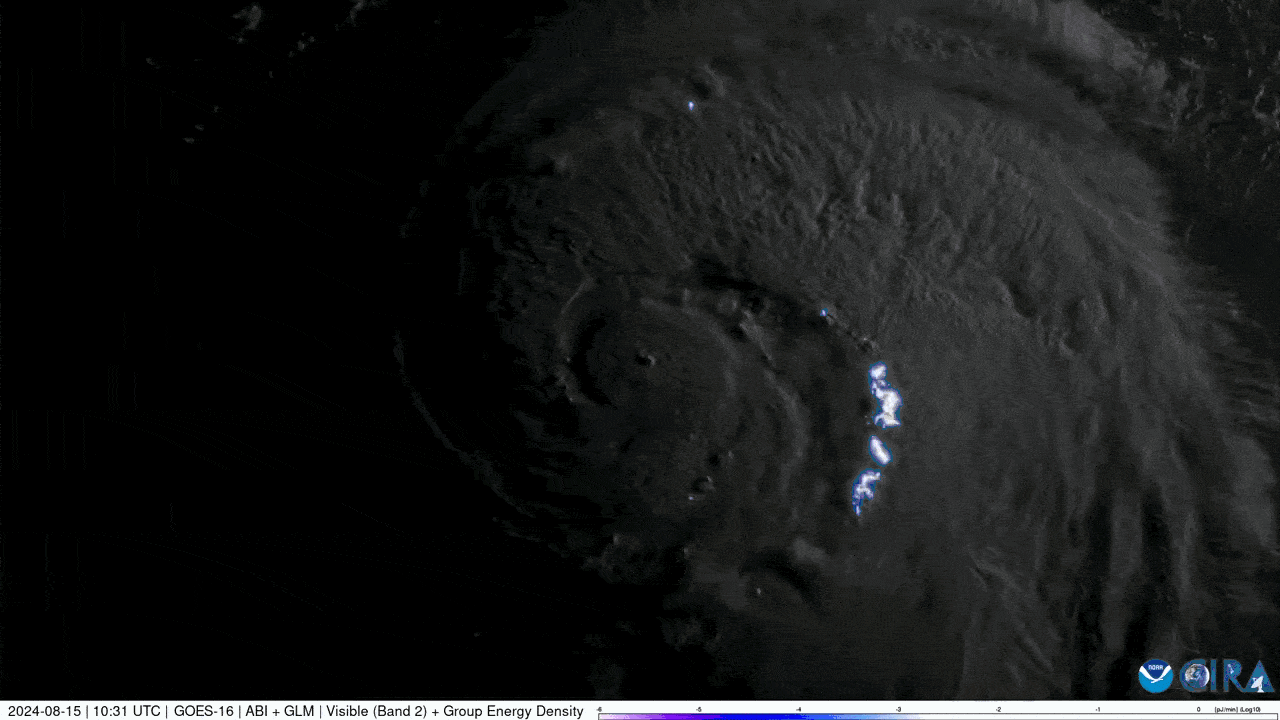
Satellites capture Hurricane Ernesto racing across the Atlantic (images)
By Sharmila Kuthunur published
NOAA satellites in orbit have recorded real-time views of Hurricane Ernesto as it made landfall in Bermuda before sailing through the Atlantic.
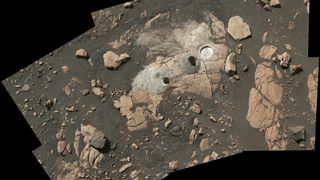
Mars rock samples show signs of water in Jezero Crater — could life have once existed there?
By Stefanie Waldek published
NASA's Perseverance rover didn't find organic matter within the rocks, but scientists will keep looking.
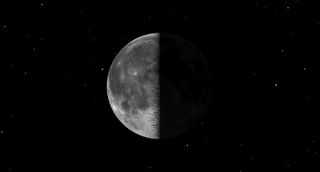
With space agencies racing to the moon, scientists are making a lunar 'time zone'
By Briley Lewis published
Scientists aiming to build a lunar GPS are trying to create a new lunar 'time zone' that's standardized with Earth time.
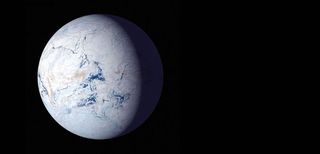
Scottish rocks could hold clues about Earth's past as a snowball
By Meredith Garofalo published
A recent study confirms a European rock formation likely holds the clues to what was once a "snowball Earth."
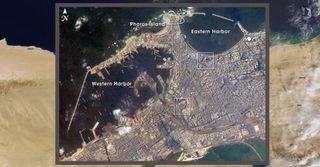
How satellites could protect archaeology sites vulnerable to climate change
By Elizabeth Howell published
Archaeology sites buried under the earth are vulnerable to climate change and urban sprawl. Satellites might be able to help monitor the impact of these issues, a study suggests.
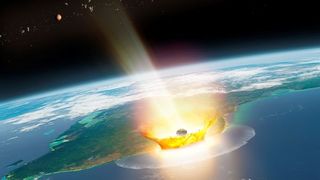
Dinosaur-killing asteroid was a rare rock from beyond Jupiter, new study reveals
By Sharmila Kuthunur published
Scientists have uncovered the "genetic fingerprint" of the dinosaur-killing Chicxulub impactor, potentially revealing the fateful rock's origins in the outer reaches of our solar system.
Get the Space.com Newsletter
Breaking space news, the latest updates on rocket launches, skywatching events and more!
